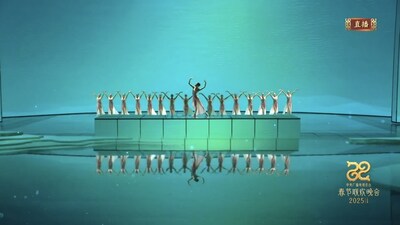In line with tradition, the data was released a day ahead of the July 1 celebrations to honour the party’s founding in 1921.
The Central Organisation Department – the party’s top personnel office – reported a net increase of 1.14 million members, a 1.2 per cent growth, compared with the end of 2022 when party membership rose by 1.4 per cent, increasing by 1.32 million.
Xi stressed that “comprehensive and strict governance over the party” must be upheld, to push forward party-building in the new era, and its organisation needs to be effective, insisting on a centralised and united leadership.
Grass roots party organisations also need to be reformed, to increase the party’s local governance ability, he said. Internet and information technologies should be applied to party-building, to achieve full coverage of the organisation, online and offline.
A closer look at the tally shows that the number of members aged under 30 dropped to 12.41 million – a 0.18 per cent decrease of 23,000 on 2022. The drop was much slower than the previous year, when young membership fell by 1.5 per cent, or 189,000 from 2021.
The party has become more educated, with 56.2 per cent – 55.78 million members – having a college degree or higher, an increase of 2.13 million. While women and ethnic minority groups remain under-represented, there have been improvements.
Female members increased by 88,300 to reach 30.18 million – 30.4 per cent of the membership – while ethnic minority groups now represent 7.7 per cent of the party, with a rise of 14,700 in 2023 to a total of 7.59 million, the data showed.
Xi has used various domestic and international settings over the years to stress the importance of female issues and called for women’s rights and interests to be protected.
At a United Nations meeting in 2020 marking the 25th anniversary of the Fourth World Conference on Women for example, he said efforts must be made to ensure that women’s development went hand in hand with economic and social development.
Despite leadership support for economic and social empowerment, female participation in China’s elite politics is lagging. In a break from a two-decade tradition, the current Politburo has 24 men and no women.






